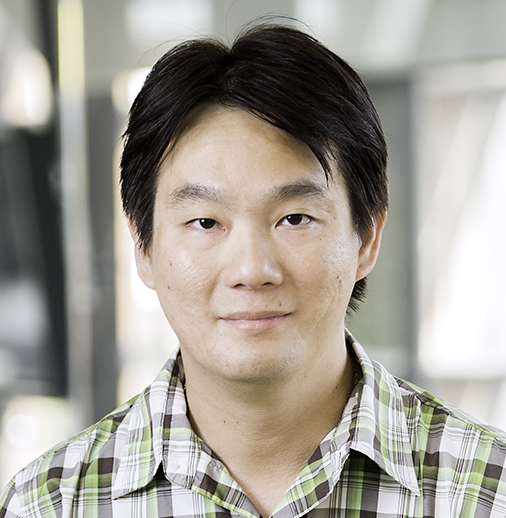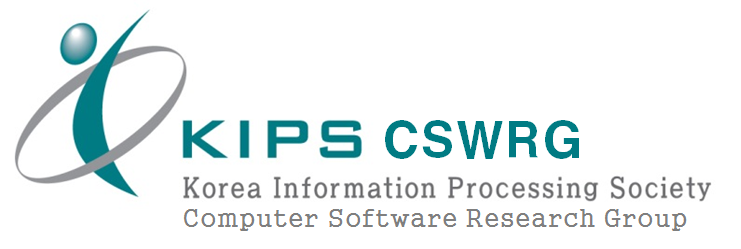 Invited Speaker
Invited Speaker

Internet of Things (IoT) Security and Forensics: Challenges and Opportunities
Dr.Kim-Kwang Raymond Choo
The University of Texas at San Antonio (UTSA)
Department Editor of IEEE Transactions on Engineering Management
Abstract:
Internet of Things (IoT) devices are becoming commonplace in our society, due to their widespread applications (e.g., environmental monitoring, smart cities, healthcare, surveillance, and battlefields such as Internet of Battlefield Things). Such devices are also generally capable of capturing a broad range of information, including digital artifacts that can be used for cyber threat intelligence and inform security mitigation strategy formulation. There are, however, a number of challenges associated with designing IoT cyber security and threat intelligence solutions. In addition to the technical challenges, there are also associated legal and policy challenges that need to be considered in the design and deployment of such solutions in practice.
In this presentation, we will explore the challenges from technical, legal and policy perspectives. For example, how do we use machine/deep learning to facilitate detection of real-time attacks against IoT devices and systems, and how can we automatically identify and collect digital evidence in a forensically sound manner which can be subsequently used for cyber threat intelligence? In the event that the attackers use sophisticated tools to obfuscate their trails, can we design machine/deep learning techniques to unobfuscate and/or identify and exploit vulnerabilities to get access to digital evidence? What are the potential legal implications and challenges? Can we also design explainable AI techniques to facilitate the explanation and inclusion of such digital evidence and cyber threat intelligence in court proceedings or presentations to C-level or boards in organizations? Based on these discussed challenges, we will identify potential opportunities for stakeholders in academia (e.g., students and researchers), industry and government.
Biography:
Kim-Kwang Raymond Choo received the Ph.D. in Information Security in 2006 from Queensland University of Technology, Australia. He currently holds the Cloud Technology Endowed Professorship at The University of Texas at San Antonio (UTSA). He serves as Department Editor of IEEE Transactions on Engineering Management; Associate Editor of IEEE Transactions on Dependable and Secure Computing, Computers & Electrical Engineering, Data & Knowledge Engineering, Digital Communications and Networks, IEEE Access, and IEEE Transactions on Big Data; Technical Editor of IEEE Network Magazine; Editor of Future Generation Computer Systems; and on the editorial board of Computers & Security, Cluster Computing, Electronic Commerce Research, IEEE Blockchain Technical Briefs, IEEE Internet of Things Journal, and Journal of Network and Computer Applications.
He is an IEEE Computer Society Distinguished Visitor (2021 - 2023), and included in Web of Science's Highly Cited Researcher in the field of Cross-Field - 2020. In 2015, he and his team won the Digital Forensics Research Challenge organized by Germany's University of Erlangen-Nuremberg. He is the recipient of the 2019 IEEE Technical Committee on Scalable Computing (TCSC) Award for Excellence in Scalable Computing (Middle Career Researcher), the 2018 UTSA College of Business Col. Jean Piccione and Lt. Col. Philip Piccione Endowed Research Award for Tenured Faculty, the Outstanding Associate Editor of 2018 for IEEE Access, the British Computer Society's 2019 Wilkes Award Runner-up, the 2014 Highly Commended Award by the Australia New Zealand Policing Advisory Agency, the Fulbright Scholarship in 2009, the 2008 Australia Day Achievement Medallion, and the British Computer Society's Wilkes Award in 2008. He has also received best paper awards from the IEEE Consumer Electronics Magazine for 2020, EURASIP Journal on Wireless Communications and Networking (JWCN) in 2019, IEEE TrustCom 2018, and ESORICS 2015; the Korea Information Processing Society's Journal of Information Processing Systems (JIPS) Survey Paper Award (Gold) 2019; the IEEE Blockchain 2019 Outstanding Paper Award; and Best Student Paper Awards from Inscrypt 2019 and ACISP 2005.



